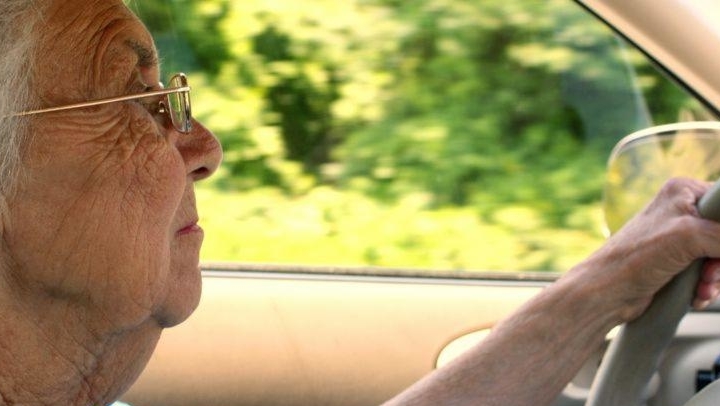
Driving with dementia is a dangerous combination. The truth, however, is that many individuals with dementia are still behind the wheel. If your mom or dad is one of them, chances are you’ve tried to initiate conversations about giving up the car keys, only to hear something along the lines of, “I’ve been driving to the grocery store for sixty years. I know how to get there.” So, it’s often easier to walk away and worry. That’s understandable. But don’t let your efforts end there.
Consider your parent’s point of view. Losing the ability to drive represents a real turning point for them; a devastating loss of independence. And, for those whose sense of reason is clouded by dementia, it’s even worse. They are anything but ready to turn over the car keys. Especially to you!
Before you try having that conversation again, here are some things to do that may help make it easier.
The Alzheimer’s Association urges caregivers to always be prepared for the individual driving with dementia to become angry with you. Much of this is due to the memory and insight issues that are part of the disease. Try to avoid becoming angry in return. After all, this was the person who probably taught you to drive.
Stick with it and don’t give up.
Remember, every time your mom or dad gets behind the wheel of the car, they are putting others and themselves at risk. Keep at it. If all else fails, don’t be afraid to take action and remove the keys and/or the car, if necessary. When that day comes, however, be sure to have your alternative transportation in place.
Through all of your efforts, it’s important to make sure you are taking care of yourself. This isn’t easy. So pay extra attention to your own physical and emotional health. Support groups are a great way to share some of your burden with others who have “been there” and can help. Make time to get away by yourself. And, as always, let friends and family help.
Related Articles: